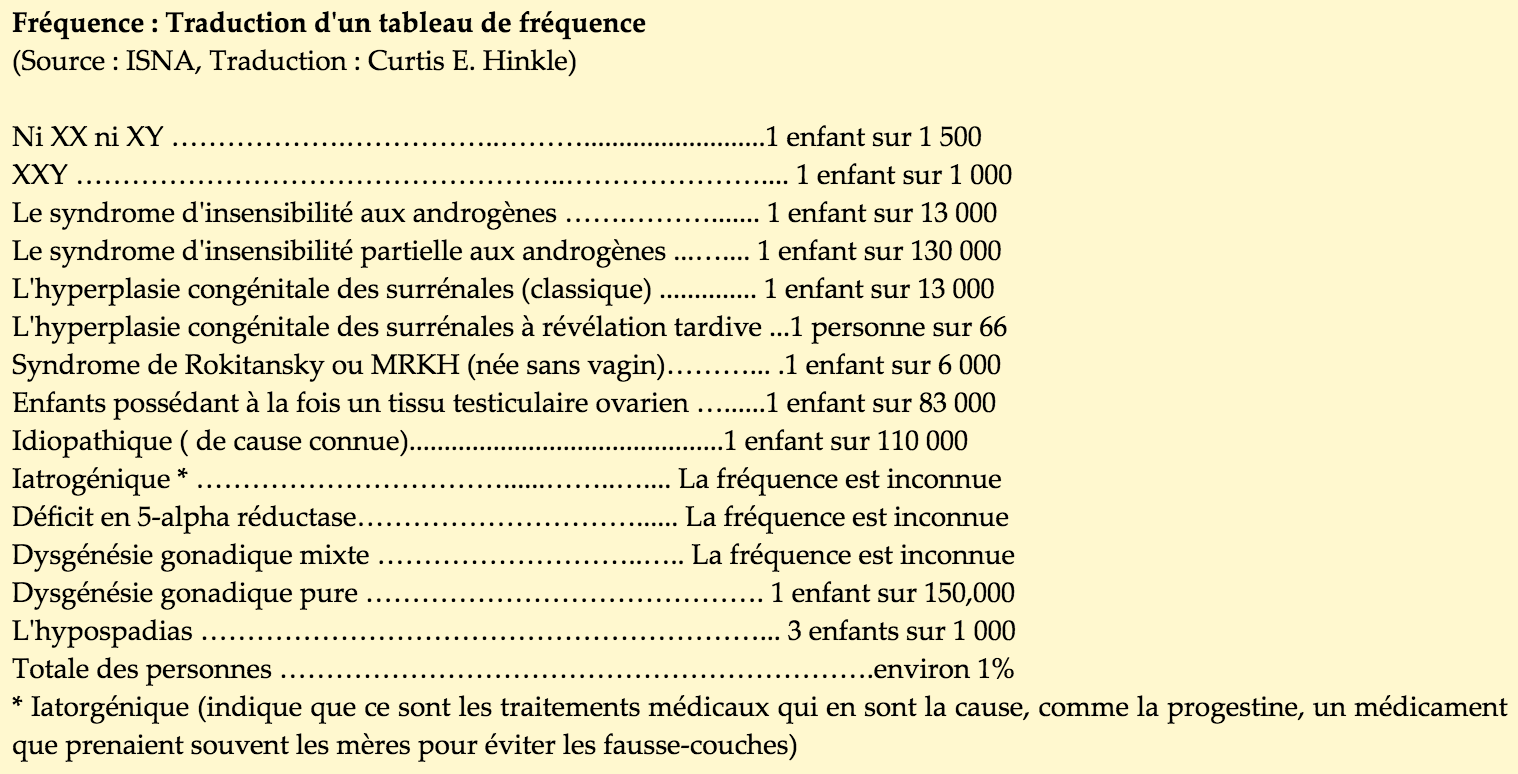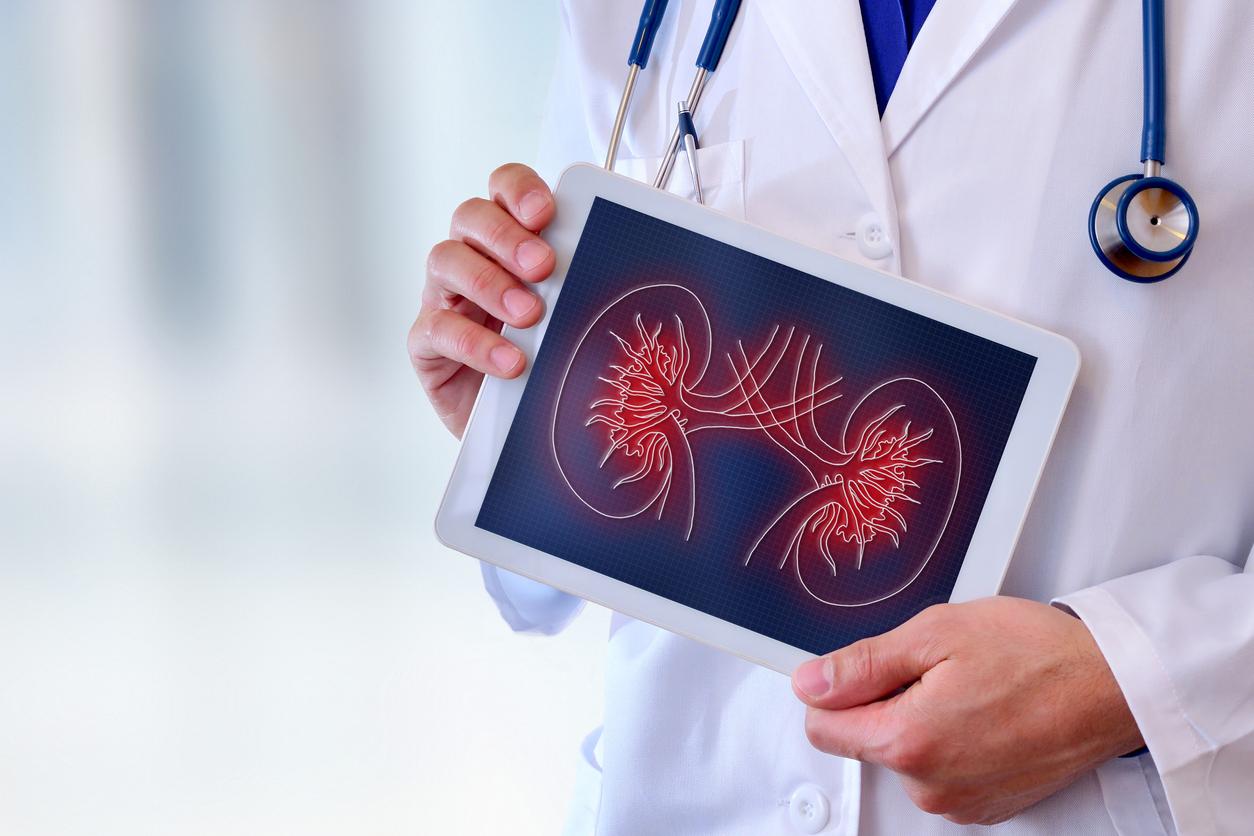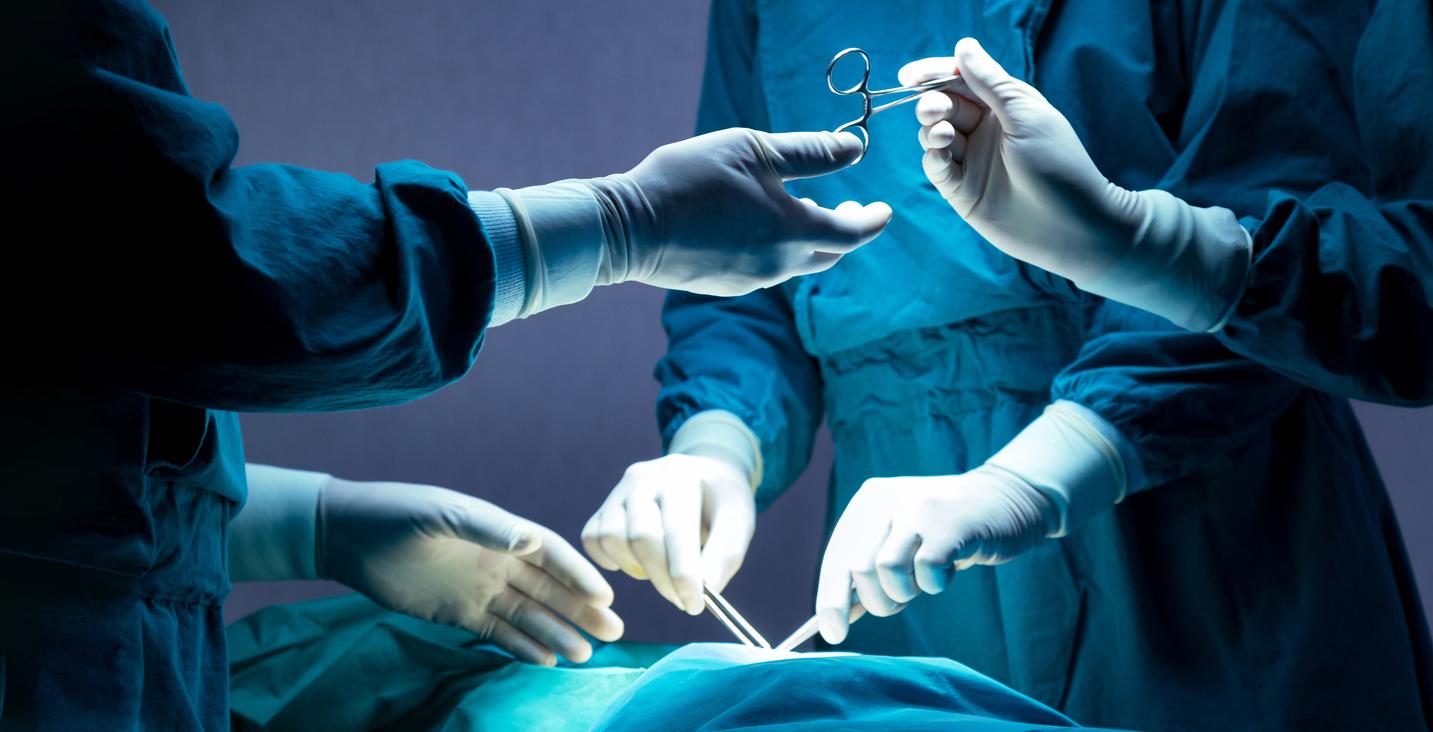The Orleans Court of Appeal refused to recognize the neutral sex of an intersex person. One in 2,000 births is affected by this condition.

French law will not be relaxed immediately on the issue of gender. The Orléans Court of Appeal (Loiret) ruled on March 21. A person in her sixties of male first name, and declared of such sex, asked that his “neutral sex” be recognized. The magistrates answered in the negative to this intersex person, endowed with a “rudimentary vagina”, a micropenis but without testicles. They thus contradict the first opinion delivered by the Court of Tours (Indre-et-Loire)… and carefully avoid the opening of a case law in this area. Because if the neutral gender is not recognized, intersex, it is not rare. And it poses many problems. Whyctor takes stock in four questions.
Intersex, what is it?
A person is said to be intersex when their sexual ambiguity is visible and anatomical and their organs are not functional. This generic term in fact designates several conditions with one thing in common: individuals have reproductive, genital or anatomical characteristics that do not correspond to the definitions of masculine and feminine. This impossible distinction can manifest itself from birth, but also develop at puberty, or even later.
What are the causes ?
It is estimated that one in 2,000 births is intersex and that 2% of the population would be affected. Figures that remain relative, because a sex is often assigned by default at birth. “The lack of data is problematic, because it is one of the factors contributing to the invisibility of intersex children and their social stigma”, underlines a study of the Council of Europe. She recommends that children born with a sex that cannot be defined be registered, while acknowledging the difficulty of such a system.
Several causes of intersex have been identified. They are very varied in nature. The most common, Klinefelter syndrome, is due to an excess of sex chromosomes (XXY). “When we talk about chromosomes, it is very easy to think of serious, even incurable diseases, but intersex is not a disease,” defends the ORFEO association, which represents intersex people and their families.
Other disorders are characterized by insensitivity to androgens which results in the development of testes in addition to the female genitals. Congenital adrenal hyperplasia, which causes virilization in affected girls, is also widely known.
Source : ORFEO Association
Is intersex treated?
This question crystallizes the tensions around intersex. Most doctors consider this to be an anomaly. It is also referred to as a “Sexual Developmental Disorder” (DSD). Depending on the degree of intersex, individuals are thus offered hormonal or surgical treatments. But these are often started at an early age, even though the child cannot give consent. This is what the ORFEO association denounces: “Very often, these children are operated on several times so that their genitals resemble male or female standards as much as possible,” she explains. However, all these operations are not necessary for them to be able to live normally and in good health. Switzerland has decided to leave the choice of surgery to intersex people.
Is it recognized elsewhere than in France?
In its judgment, the Orléans Court of Appeal considers that accepting a neutral sex “would amount to recognizing, under cover of a simple rectification of civil status, the existence of another sexual category”. A step that France is obviously not ready to take. Only two countries in the world have currently done so: Germany, in 2013, and Australia, in 2014.
.


















